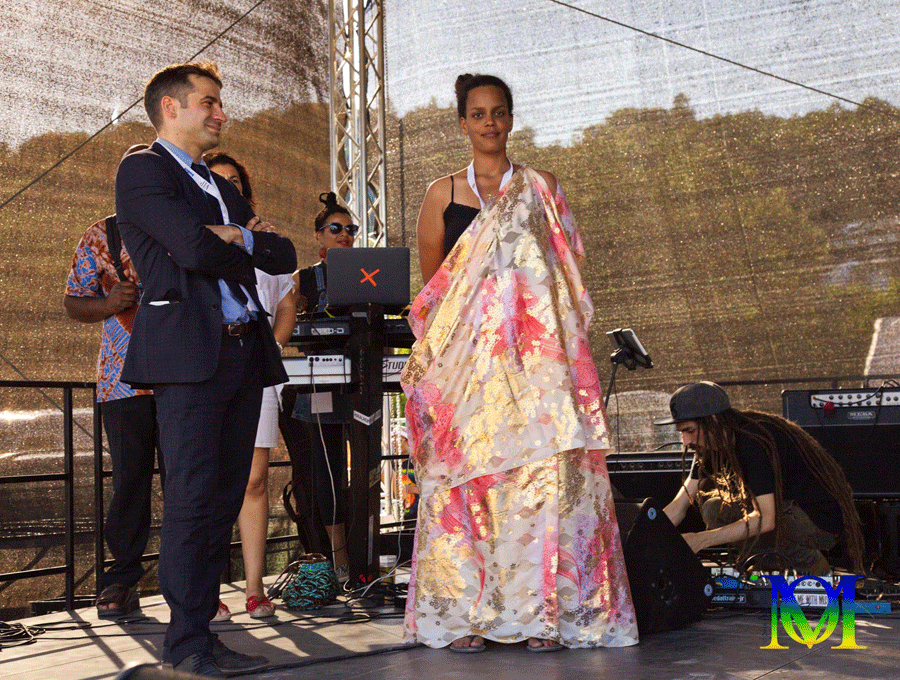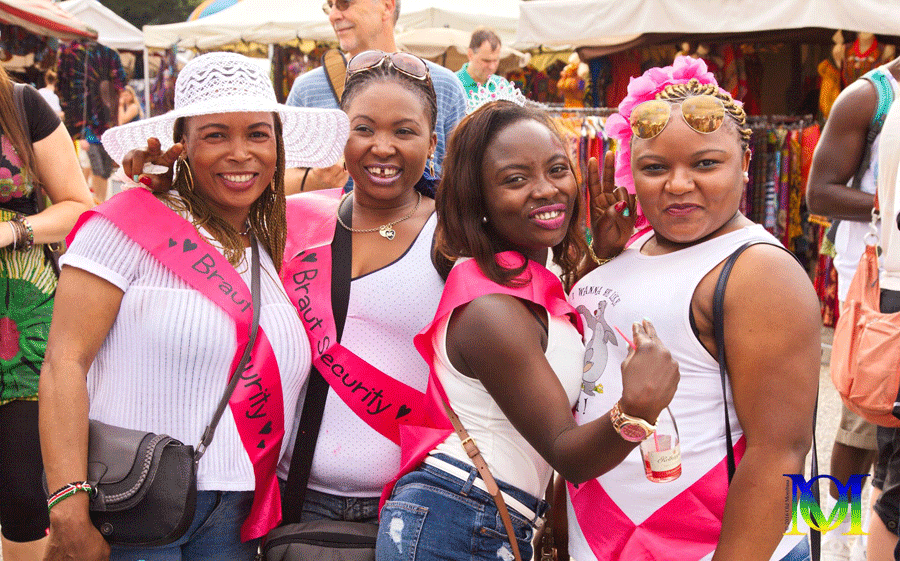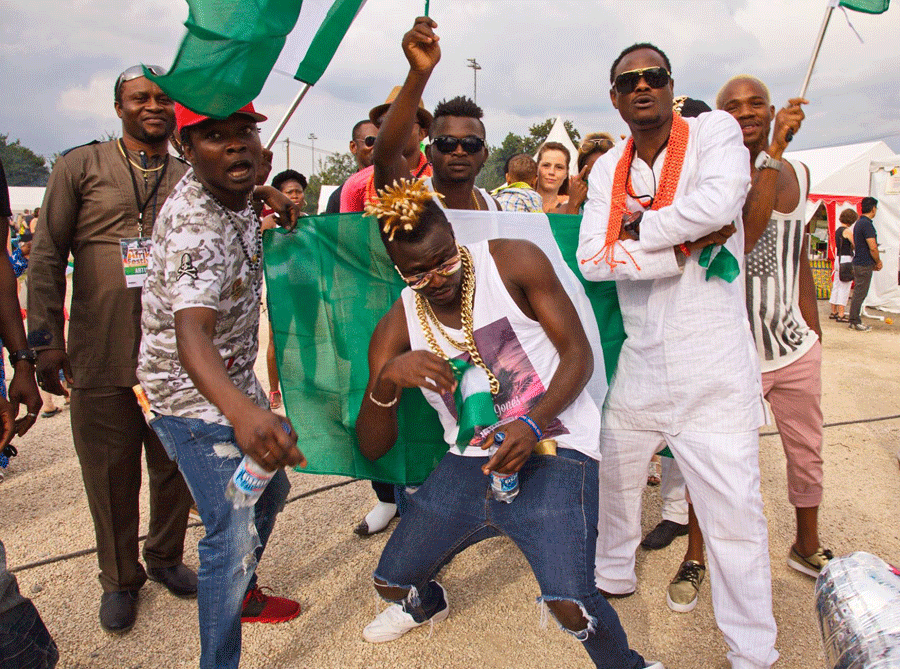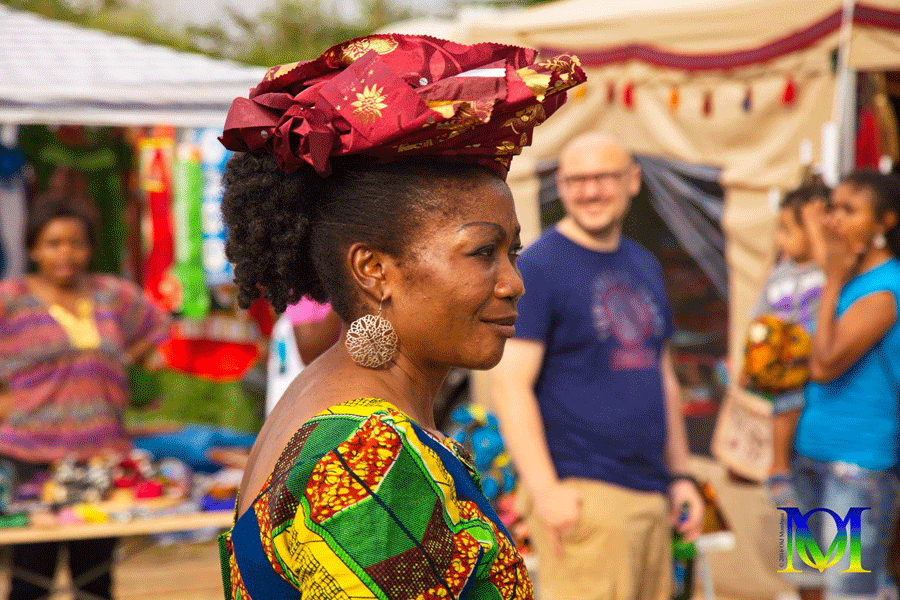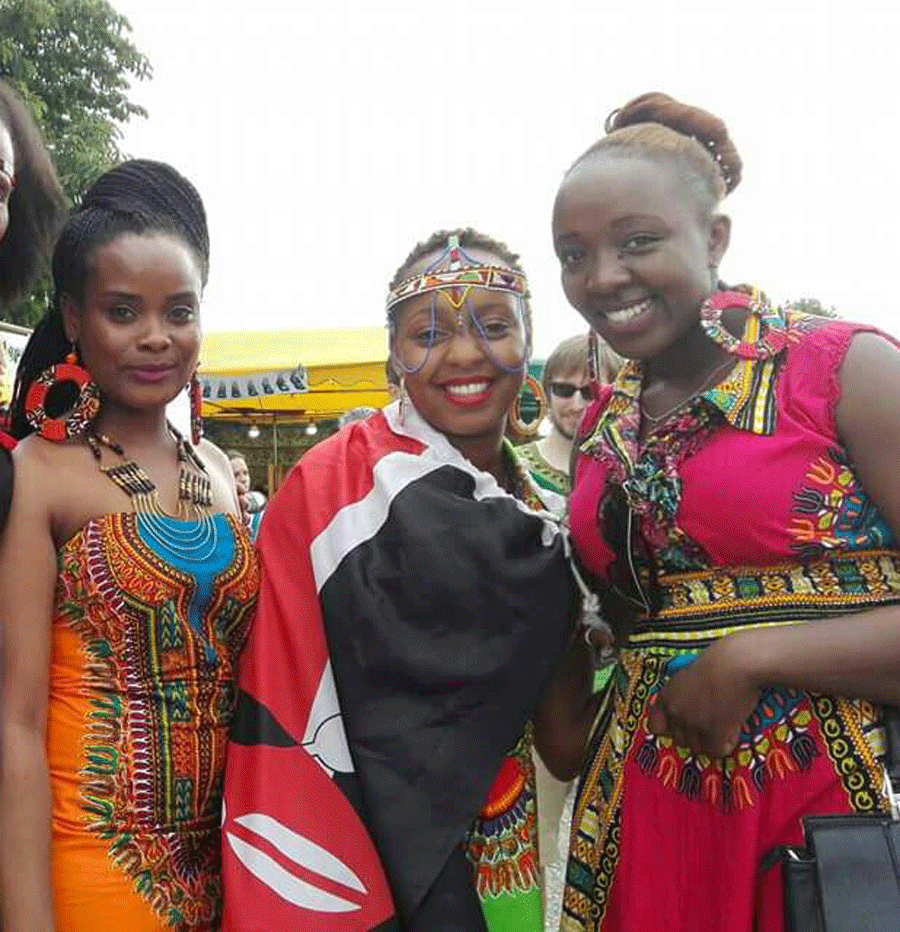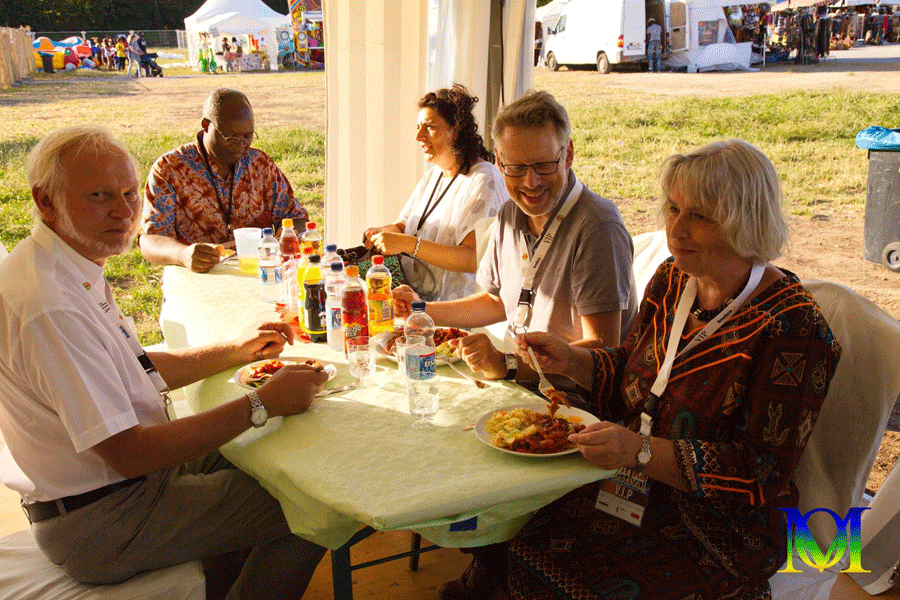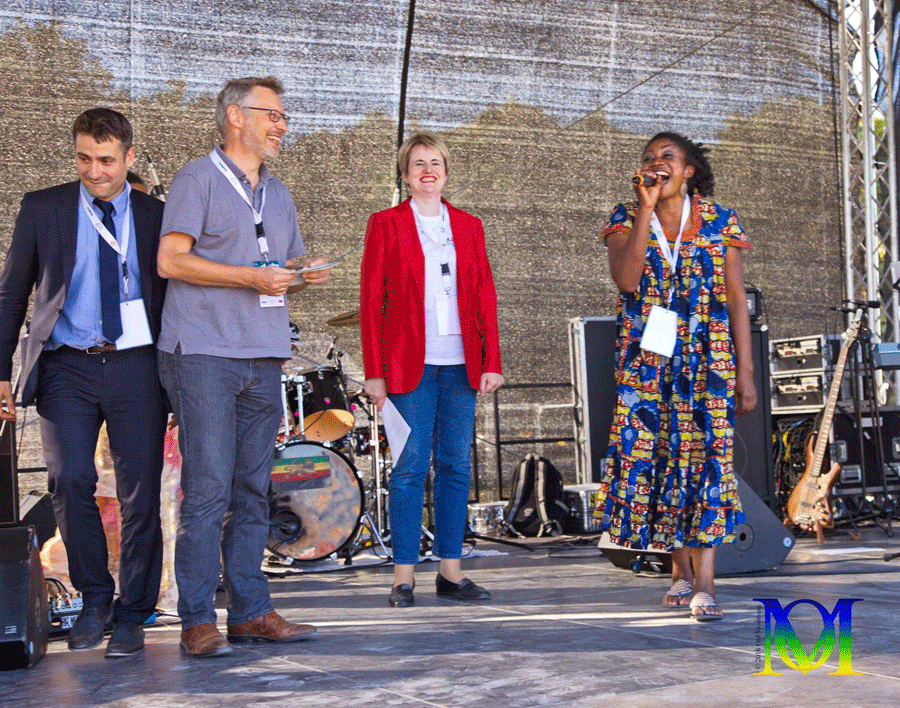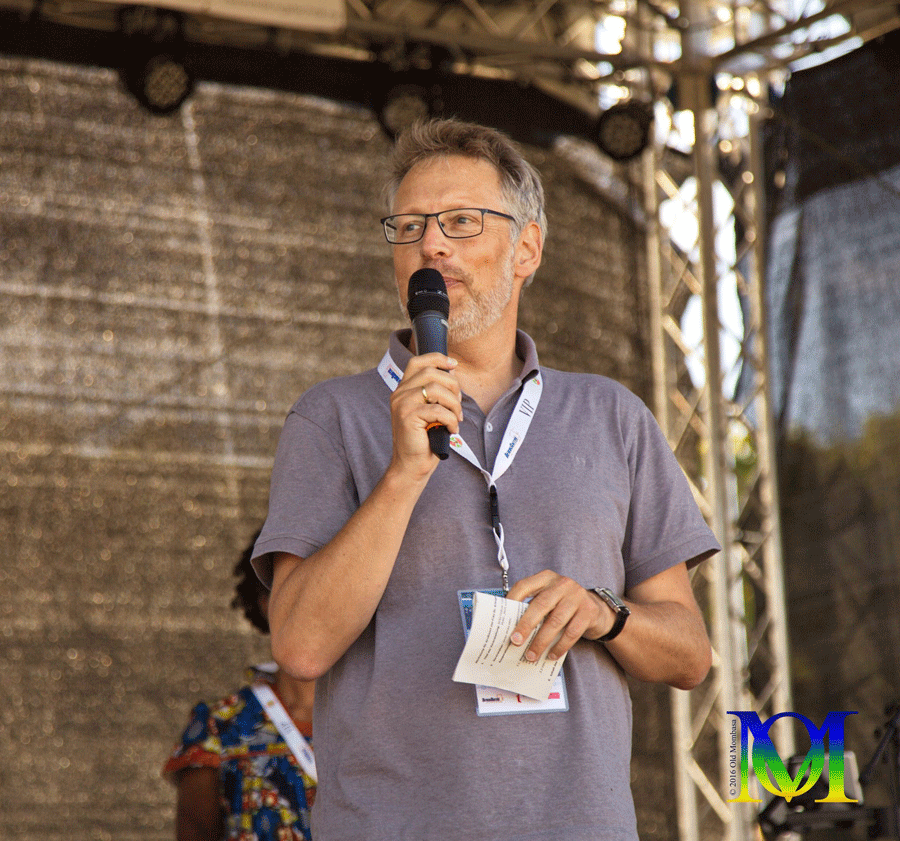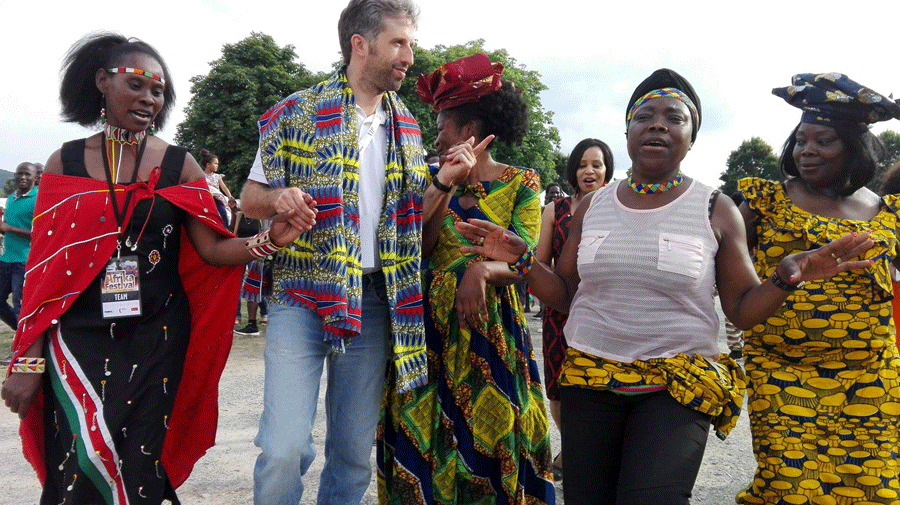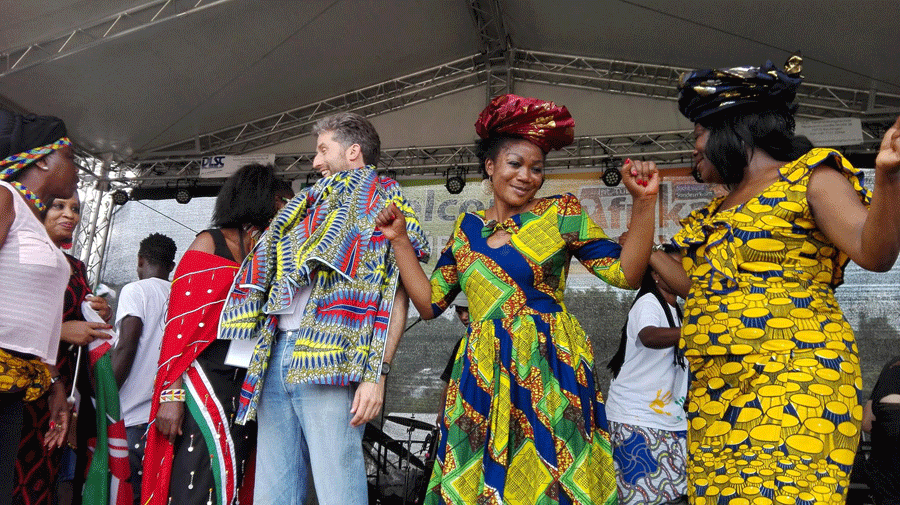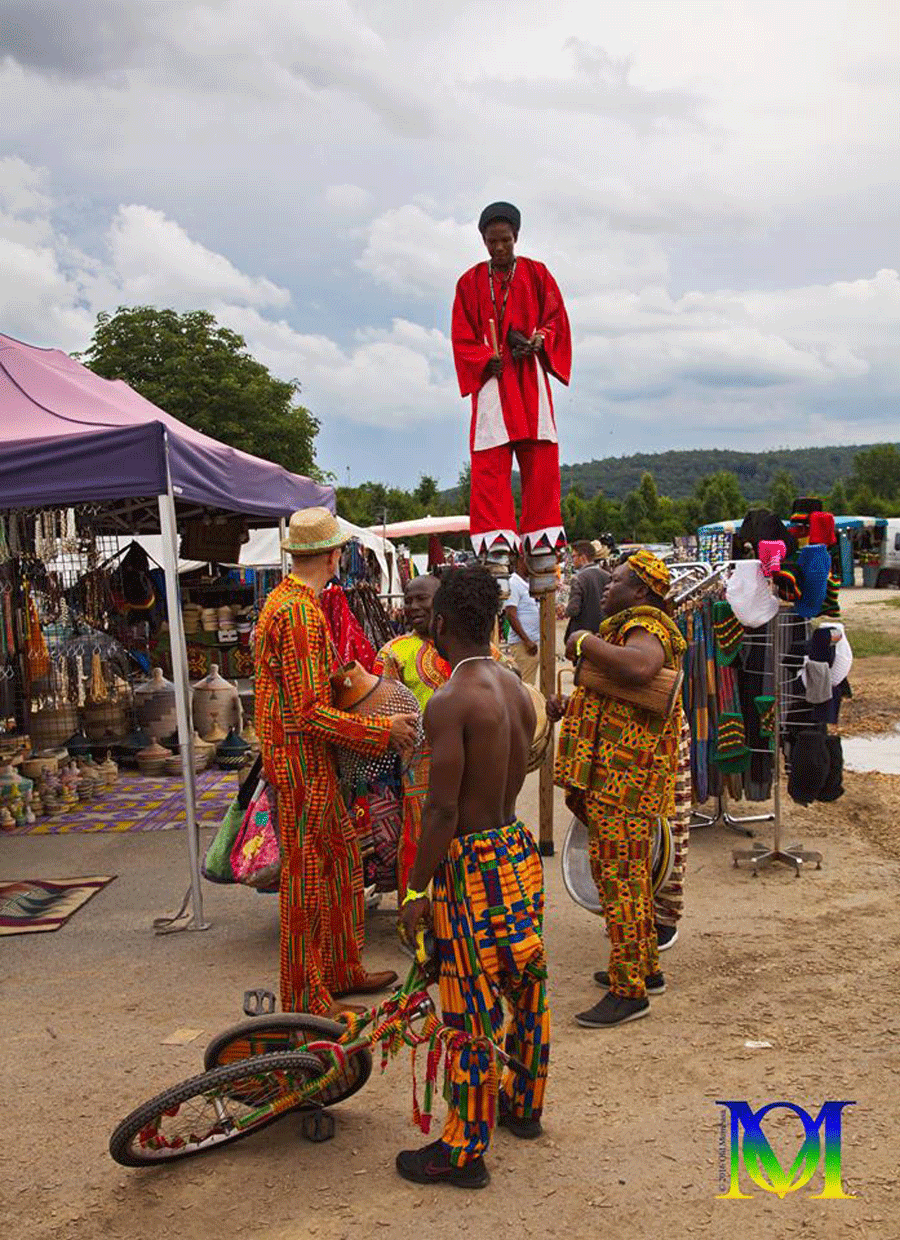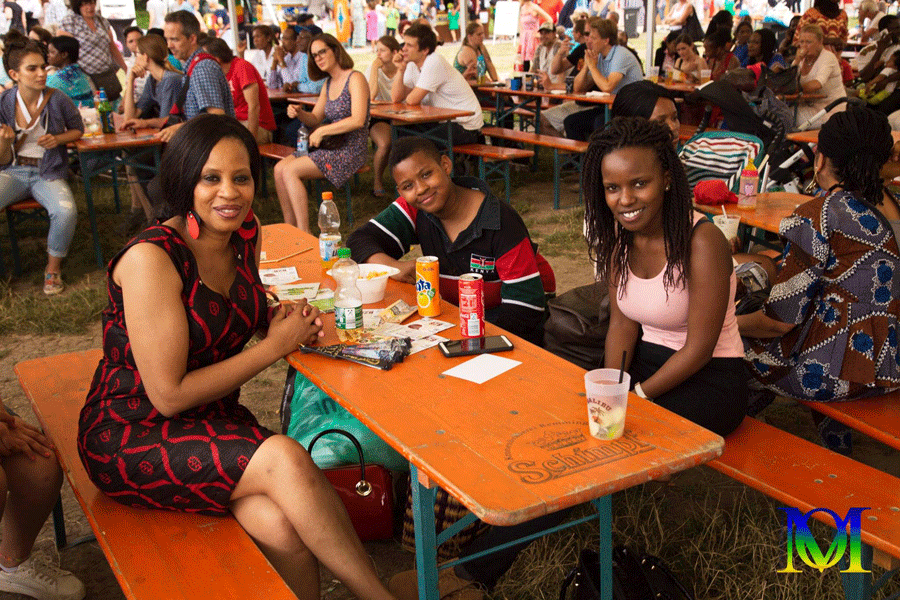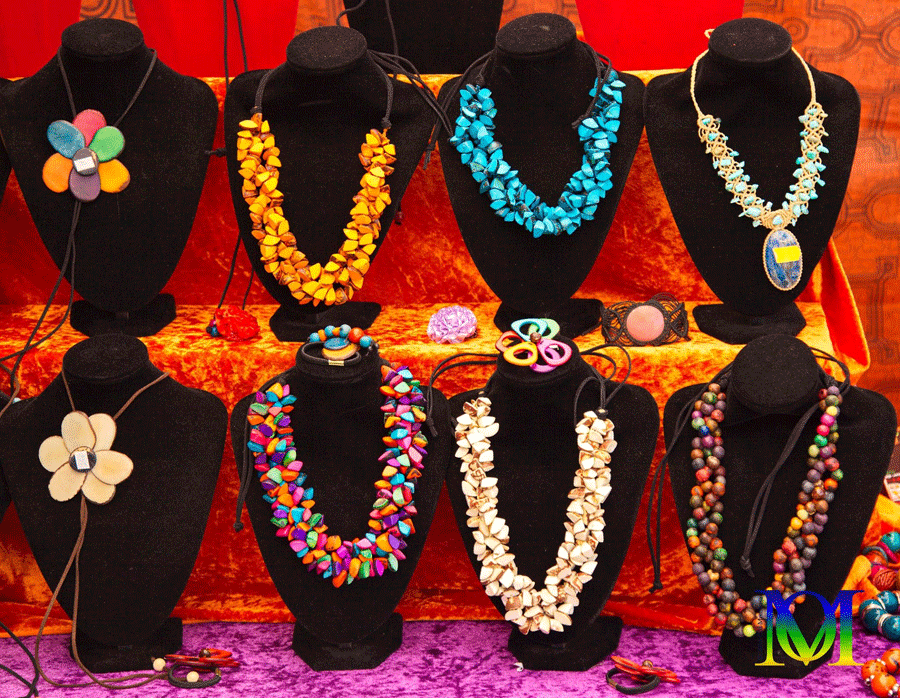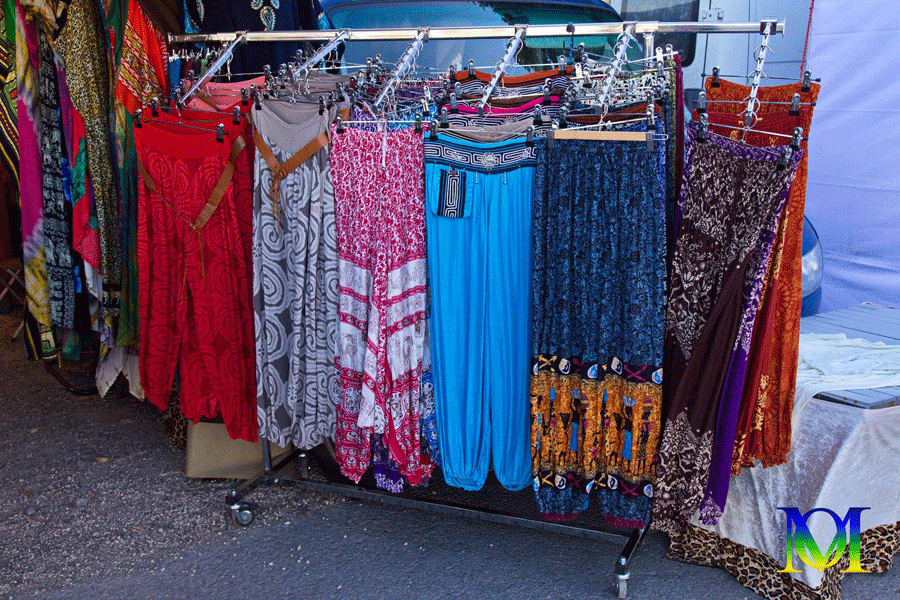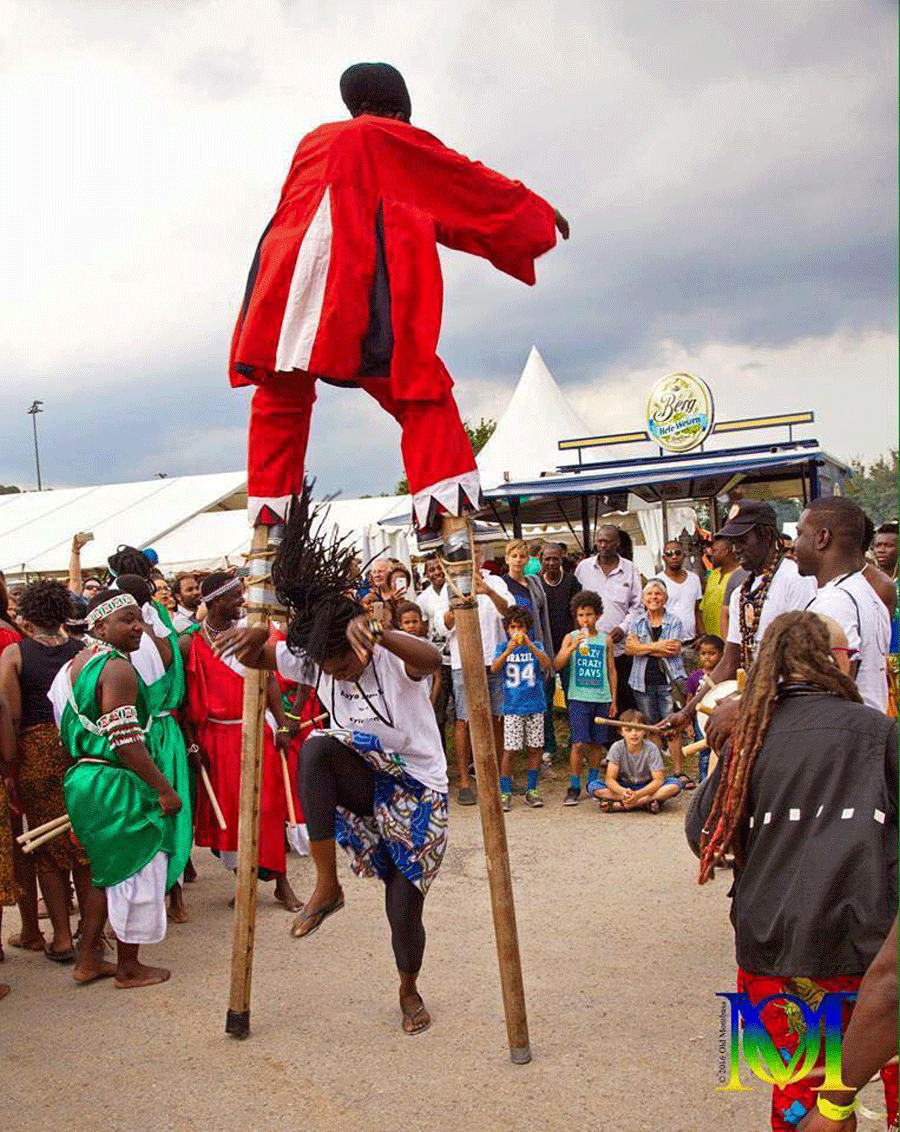Tübingen, a German town close to Stuttgart literally turned into an African village from 21st to 24th July 2016.
The 7th edition of International Afrika Festival Tübingen created a unique opportunity for Germans and Africans from all parts of the country to come together and get immersed in African cultural activities.
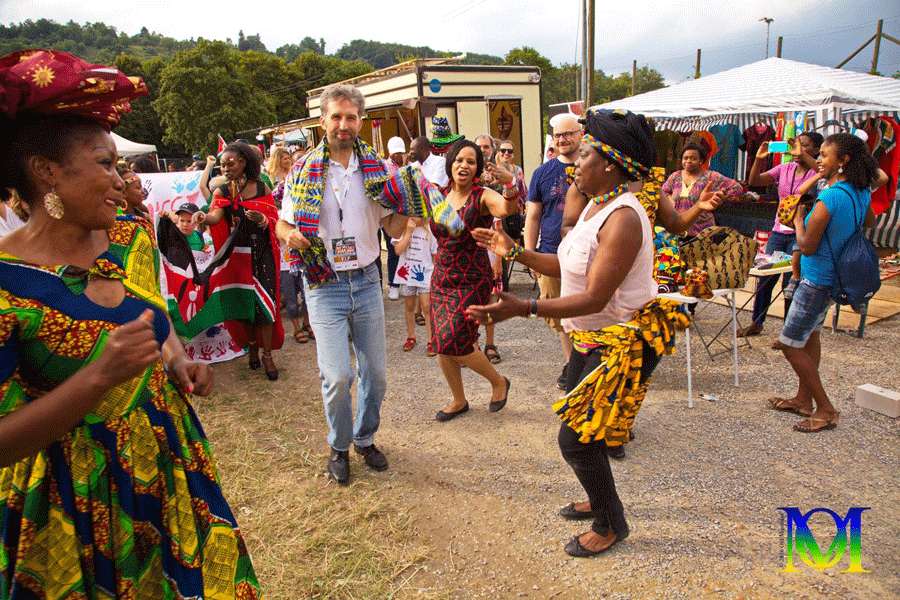
Several traditional and modern African groups and bands provided non-stop entertainment to the guests throughout the Festival.
It was practically impossible to be hungry or thirsty. There were several stalls serving a variety of African dishes. Many German visitors to the Festival tasted African food for the first time and they really liked it. From what we saw at the queues, there is potential market for African food in Tübingen. An African entrepreneur should therefore grab the opportunity to establish a high class African restaurant in the area.
The huge field hosting the Festival had countless stalls where business people displayed African arts and handworks. It was possible to find everything African including clothes, statues, masks, earrings, bungles, sandals, shoes, baskets, agricultural produce, etc.
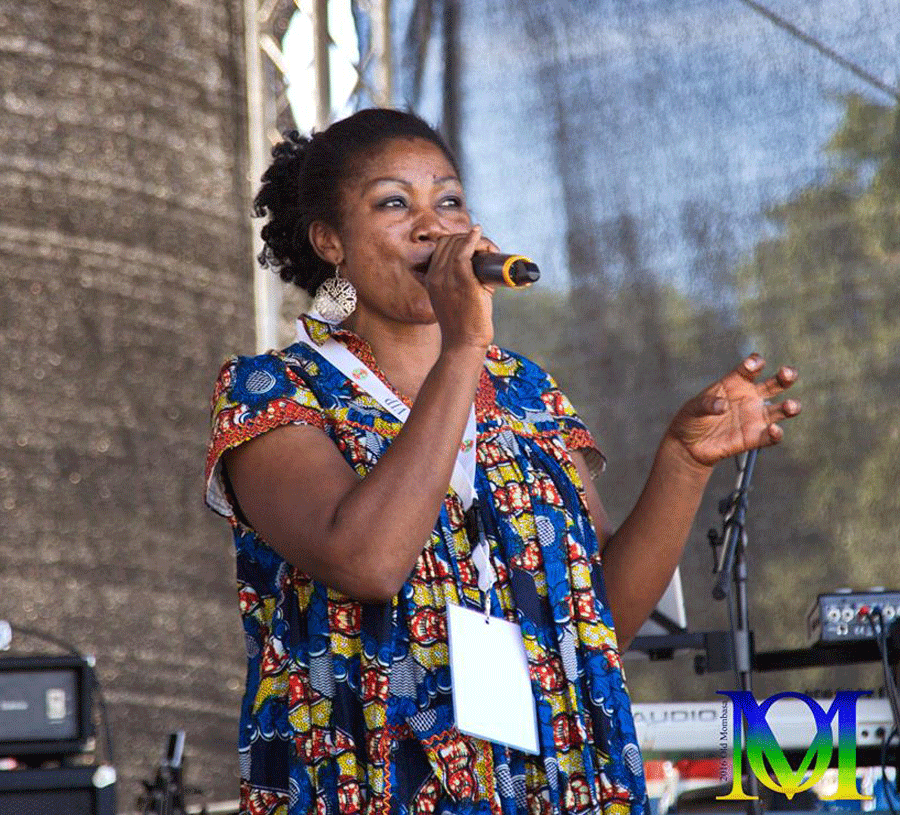
Several conferences and seminars were held during the Festival. In one of the conferences, African and German business experts discussed on and critically evaluated the German-African partnership. They also shared ideas on how to work together, improve and make best use of the partnership for the good of African countries and Germany.
Boris Palmer, the Mayor of Tübingen who attended the Festival with his family, displayed exceptional dancing skills as he led the procession. We can assure you that Mr Palmer is a very good dancer of traditional African music.
Founded in 2007 by Sunjo and Susan Tatah, the International Afrika Festival Tübingen is a four day annual event focused on celebrating African cultures and showcasing the continent’s contribution to humanity.
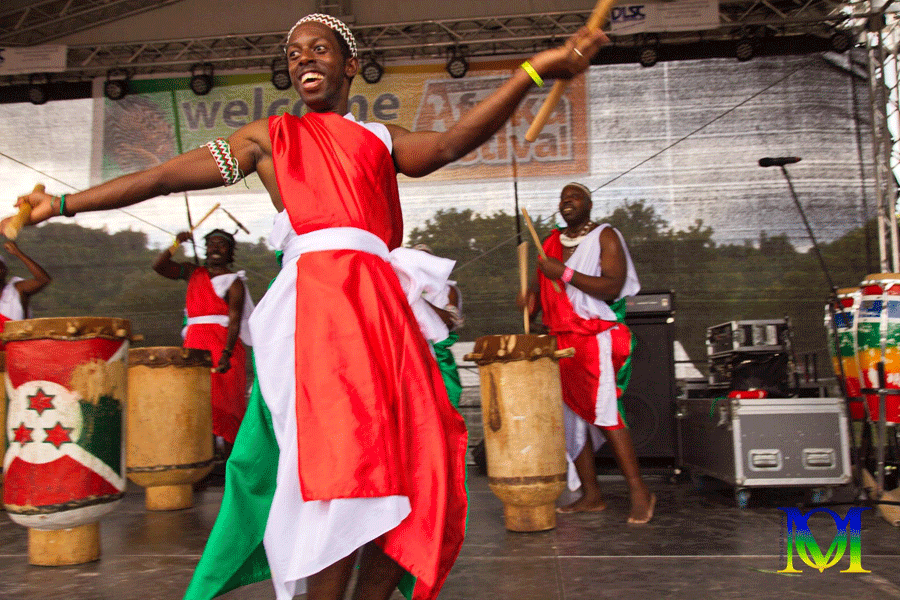
It celebrates diversity and promotes global peace by bringing together people irrespective of their countries of origin, religious background, gender and status.
The Festival provides an opportunity to promote African countries as tourist and investment destinations.
The Republic of Burundi was chosen as the country of honour at this year’s Festival.
Ms Tatah said she was very happy to have succeeded in organising this year’s Festival and thanked all who in one or another, contributed to the Festival’s success including artists, chefs, speakers, business people, security officers, ushers and medical staff.
“I am very grateful to the entire African Diaspora for their enormous support in preparing and hosting the Festival. I’m also very grateful to the well-wishers and partners,” she said. “Special thanks to the local authorities, especially to our Mayor Boris Palmer, to the people of Tübingen and to all the Germans who came to the Festival. I’d also like to thank Stephen Ogongo, Editor of AfroNews Germany for coming to the Festival. I wish everybody peace and love till we meet again next year in Tübingen for a much bigger Festival.”
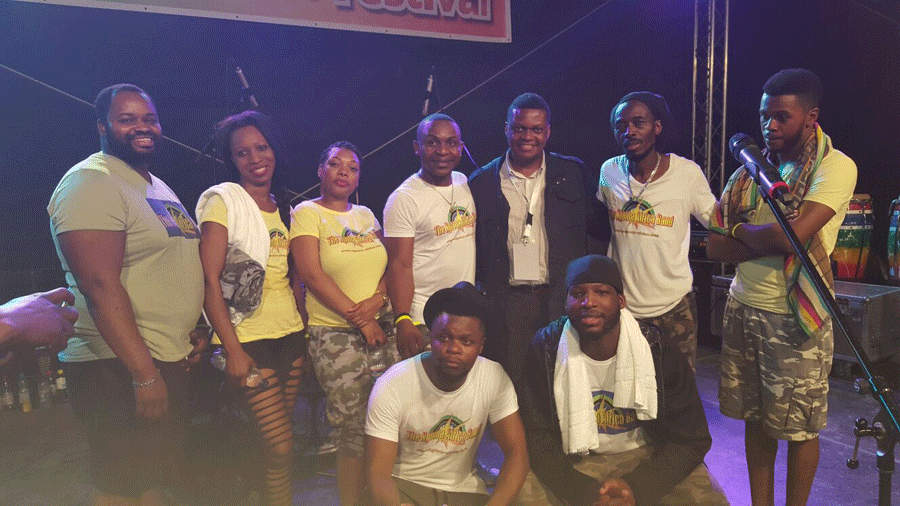
Some of the leading stars who entertained the guests at the Festival included Fyah T & Next Generation Family, Empress Black Omolo and Next Generation Band, Mamadee, Uwe Banton, X Maleya, Manita Gospel Choir, Adesa, Tu-brain Dagar Man, Burundi traditional dancers and the Ngoma Africa Band.
On Saturday night the spirit of Rumba descended upon all at the Festival as the Ngoma Africa Band took to the stage to belt out a number of popular East African hits such as “Jambo Bwana”, “Malaika”, “Sina Makosa” and many others.
Towards the end of their show that literally sent people wild, Ras Makunja, the leader of Ngoma Africa Band invited some of the fans including children on stage to display their dancing skills.
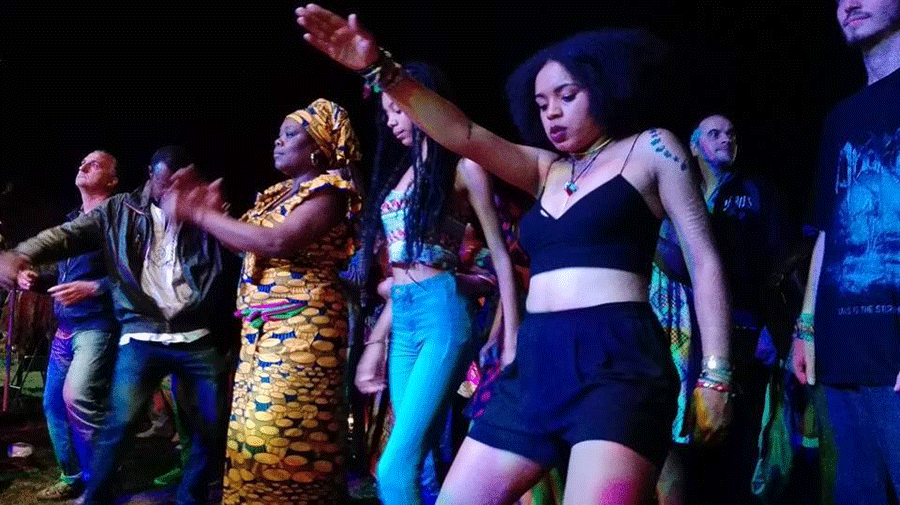
“It is important to interact with fans, make them feel important, and encourage kids to love our music,” Ras Makunja said.
It was indeed inspiring to see the way the kids were enjoying the music and dancing on stage.
Markus Walker, one of the Germans who attended the Festival described it as a “very important event” because it brings both Germans and Africans together.
“It is good to have a place to meet and celebrate. Some Germans fear Africans, I don’t know why,” Mr Walker said. “It is therefore important for Germans and Africans to come together, get to know each other and learn from each other while enjoying African music and food.”
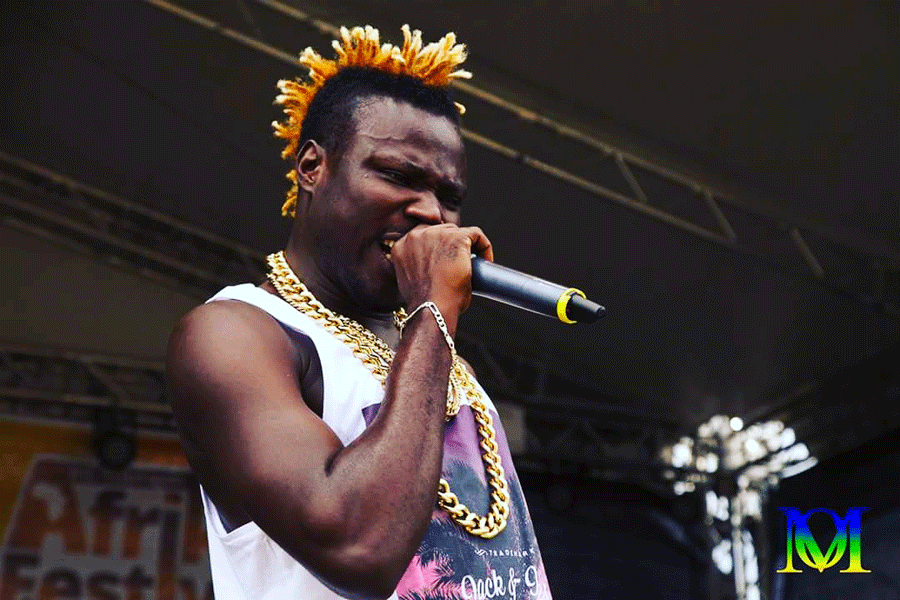
Thomas Scherrmann, another German who has been attending the Festival for several years, said he liked “the open minded international atmosphere” at the Festival. “People respect each other here. It is important to connect people from different continents and help them understand each other. This can only happen when cultures meet,” he said.
“We have so many problems which we can only solve by working together. We have different skin colours but we are brothers and sisters. We have to stand together and help each other,” Mr Scherrmann added.
That was the exact objective of the Afrika Festival Tübingen: bringing people together to get to know each other, make friends, have a taste of African cultures and work together to address issues affecting the society.
By Stephen Ogongo Ongong’a
Other pictures taken during the Afrika Festival Tübingen